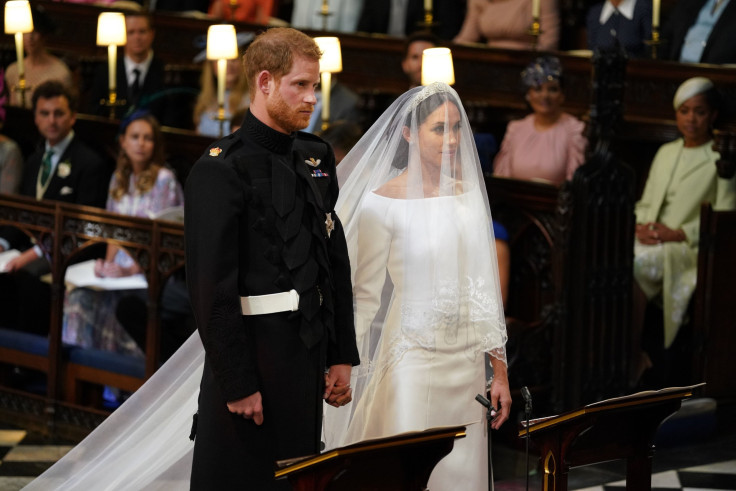Even After Wedding, Meghan Markle Will Have To Face Britain's Visa Obstacles

Meghan Markle tied the knot with Prince Harry of England on Saturday but this will not allow her to escape the United Kingdom's tough VISA procedures that have managed to keep several married couples from settling in the nation.
Britain tightened its immigration laws in 2012 under the then Home Secretary Theresa May. The law made it difficult for British citizens to marry people from outside the European Union.
Though Meghan Markle is marrying a prince, she will be looked upon as an ordinary citizen and not as a royal family member, which automatically means that she will have to face Britain’s tough VISA Obstacle course, according to The Economist.
Meghan already got a "fiancee VISA" that gave her permission to live with Prince Harry in Britain before the royal wedding. Fiancee VISA is often referred to as the "prospective marriage visa" and does not require the applicant and the sponsor to have lived together before making an application.
After the wedding, she will need a "marriage VISA" that will enable her to live with her husband for the next five years until she can apply for a "permanent residency VISA."
But before that, she will have to pass a test on British life that will include questions about the royal family. Only if she passes the test, she will be eligible for a permanent citizenship but provided she is willing to pledge allegiance to her grandmother-in-law, Queen Elizebeth II.
To get the permanent citizenship, Meghan is required to live continuosly in the U.K. for five years as an extended family member and cannot be outside the U.K. for more than 90 days during the qualification period.
Marrying a British citizen is a very difficult and expensive process. The price for applying for permanent citizenship is around $9,400, which was about half the amount in 2004.
Though Prince Harry could afford the amount, he might face problems in passing the "minimum income threshold." Under the new rules, Harry needs an income of around $21,000 to bring a non-European spouse to live with him.
But since he left the army in 2015, he was involved only in charitable works and was not earning that much, the Guardian reported. Unearned income might see him over the line, and failing that would have him fall back on savings of at least $72,000.
According to reports, in 2010, more than 40,000 couples were granted VISAs but in 2016, after the formation of the new law, the number reduced to 26,090. More than quarter of the applications was rejected by the officials for failing to fulfill the criteria.
© Copyright IBTimes 2025. All rights reserved.




















